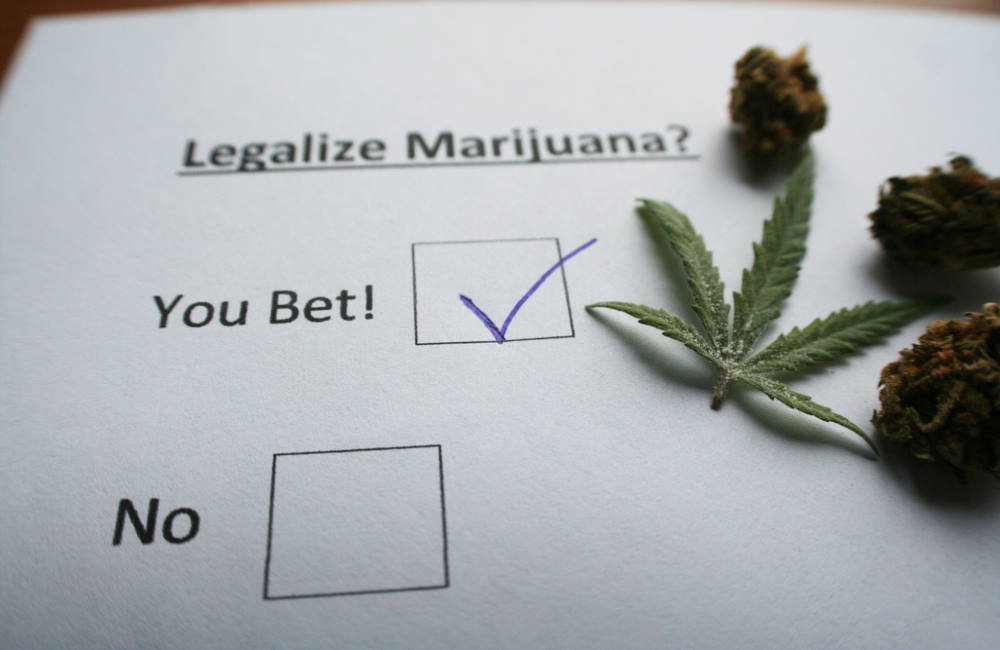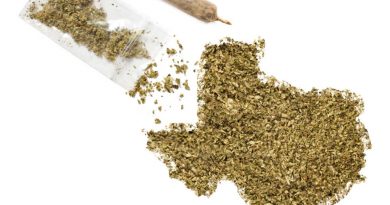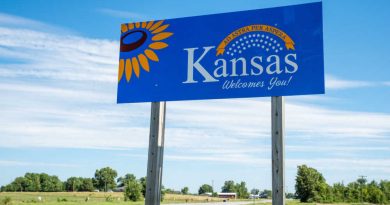Voters Approve Legal Recreational Marijuana in Maryland, Missouri
Voters in the 2022 midterm elections in both Maryland and Missouri decided to join the 19 other states that have made recreational marijuana legal. Marijuana legalization measures passed by solid margins in both states as voters in two very different states – at least, politically – agreed on making cannabis legal.
Maryland and Missouri legal recreational marijuana sales will begin once the laws officially go into effect and lawmakers in both states create systems to govern a legal market, as well as granting licenses to cannabis dispensaries and manufacturers.
Ballot Measures Pass By a Large Margin
In Maryland, 65.6 percent of voters approved Question 4, which will legalize personal possession of up to 1.5 ounces of marijuana for adults 21 or older. The law goes into effect July 1, 2023. Those found in possession of more than 1.5 ounces but less than 2.5 ounces will face a $250 civil fine. More than 2. 5 ounces could result in up to six months in jail and a $1,000 fine.
The law also will allow Maryland residents to grow up to two cannabis plants in their home, starting July 1. Lawmakers will begin to hammer out the details of marijuana regulations, including the licensing of dispensaries, during the legislative session set to start in January 2023.
In Missouri, 53.1 percent of voters approved Missouri Constitutional Amendment 3, which will go into effect Dec. 8, 2022. However, recreational sales from dispensaries will not begin until Feb. 6, 2023, at the earliest. The amendment also calls for expunging the records of those with a marijuana possession crime on their record.
Measures Do Not Pass in Three States
While the Maryland and Missouri votes were victories for marijuana advocates, recreational marijuana measures also failed in three states: Arkansas, North Dakota, and South Dakota.
In Arkansas, 56.3 percent of voters rejected legalization. In North Dakota, 54.9 percent of voters opposed legalization, while in South Dakota, 52.9 percent opposed the measure. This was the second time around for South Dakota, where voters approved legalization in 2020, only to a lawsuit successfully block implementation.
That marks the first time that voters have opposed legalization in three states at the same time. In some cases, the measures faced high profile opposition. In Arkansas, former Vice President Mike Pence teamed with the Arkansas Family Council Action Committee to oppose the measure. In South Dakota, Gov. Kristi Noem has campaign ads against legalization.
However, the ballot issue in Missouri passed even though Gov. Mike Parsons opposed the measure. And while the amendments calls for expunging the criminal record of those convicted of small marijuana possession crimes, Parsons he has said he will not issue a blanket pardon and will consider each on a case by case basis.




